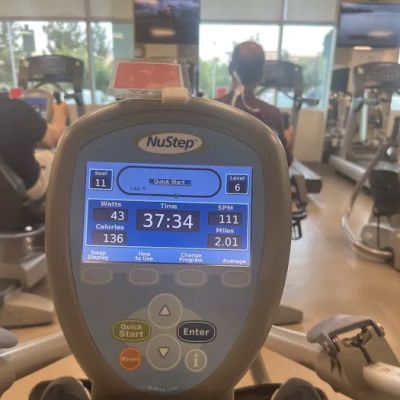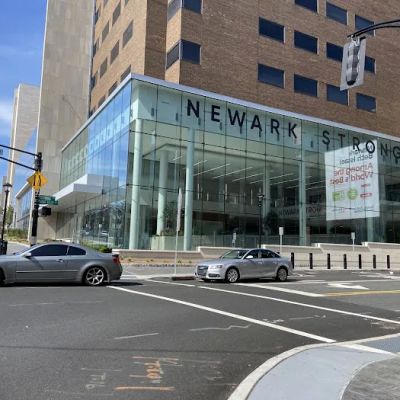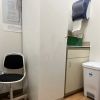- 1-radiation-therapy-and-its-impact-on-heart-health
- 2-mechanisms-behind-radiation-induced-heart-damage
- 3-risk-factors-increasing-heart-disease-during-radiation
- 4-real-patient-case-study-and-experience
- 5-strategies-for-managing-heart-health-during-radiation-therapy
- 6-how-heartcare-hub-supports-patients-with-cardiovascular-risks
Radiation Therapy and Its Impact on Heart Health
Radiation therapy is a powerful tool in cancer treatment, targeting malignant cells to halt tumor growth. However, when the radiation field includes or is near the chest area, the heart can be inadvertently affected. Understanding the heart disease and radiation therapy effects is vital, as radiation can cause acute or chronic cardiovascular complications.
Patients receiving thoracic radiation may experience changes ranging from inflammation of the heart lining (pericarditis) to damage of the coronary arteries, potentially leading to heart disease years after treatment. Awareness of these effects enables patients and healthcare providers to monitor and manage heart health proactively.
Mechanisms Behind Radiation-Induced Heart Damage
The heart tissue is sensitive to radiation, which can induce oxidative stress and inflammation, damaging the endothelial cells lining blood vessels. This damage can promote atherosclerosis, fibrosis, and impaired cardiac function. Radiation may also affect heart valves and conduction systems, leading to arrhythmias or valve dysfunction over time.
These biological changes underline why radiation therapy effects extend beyond immediate treatment and why long-term cardiovascular follow-up is essential for patients.
Risk Factors That Increase Heart Disease During Radiation Therapy
Not all patients face the same level of risk. Factors such as pre-existing heart conditions, hypertension, smoking history, age, and the total radiation dose influence cardiovascular outcomes. For example, a patient with a history of coronary artery disease undergoing chest radiation must be carefully managed to mitigate additional heart risks.
Understanding personal risk profiles allows clinicians to tailor radiation techniques and integrate cardioprotective strategies effectively.
Real Patient Case Study: Navigating Heart Disease After Radiation
John, a 58-year-old man treated with radiation for lung cancer, developed symptoms of chest pain and shortness of breath several years post-treatment. Diagnostic imaging revealed radiation-induced coronary artery disease, requiring intervention and lifestyle adjustments.
John’s experience highlights the critical need for ongoing cardiac screening after radiation therapy and demonstrates how early detection can improve outcomes. His journey also stresses the importance of multidisciplinary care involving oncologists and cardiologists.
Strategies for Managing Heart Health During Radiation Therapy
Proactive management includes minimizing radiation exposure to the heart using advanced techniques like intensity-modulated radiation therapy (IMRT) and deep inspiration breath hold (DIBH). Additionally, regular cardiovascular assessments before, during, and after treatment help detect early signs of damage.
Lifestyle modifications such as controlling blood pressure, quitting smoking, and adopting a heart-healthy diet complement medical strategies. Integrating these measures supports patients in reducing the impact of radiation therapy on heart health.
How HeartCare Hub Supports Patients Facing Cardiovascular Risks From Radiation
HeartCare Hub offers specialized resources, products, and expert guidance to patients concerned about heart disease and radiation therapy effects. From personalized monitoring tools to lifestyle support and educational materials, the platform empowers individuals to take charge of their heart health during and after cancer treatment.
Accessing trusted solutions and professional advice through HeartCare Hub can improve quality of life and provide peace of mind for patients navigating the complex relationship between cancer care and cardiovascular health.




















